Is this the crash-proof economy?
The Federal Reserve is attempting a so-called "soft landing," wherein it eases inflation without triggering a recession
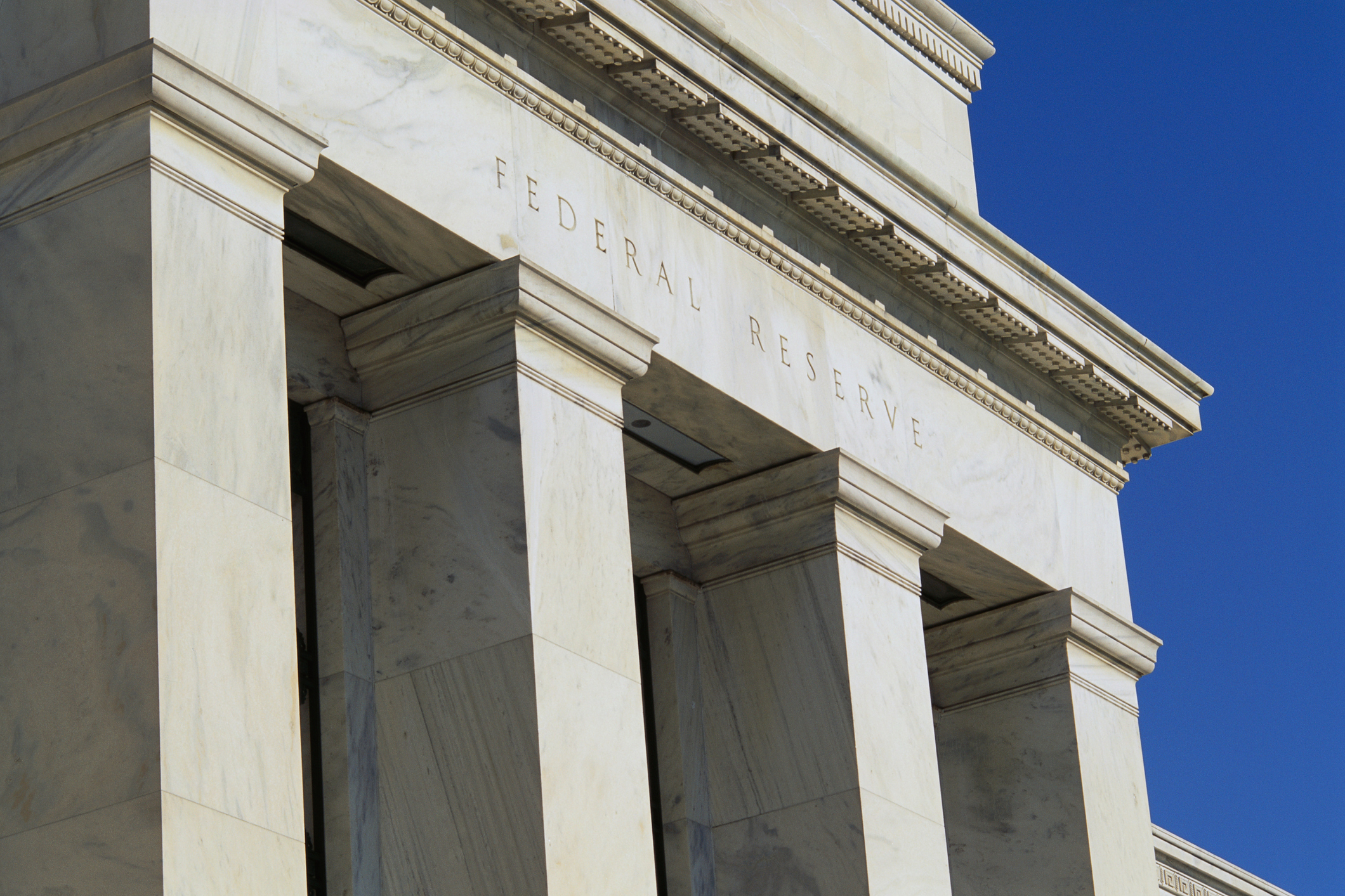
A free daily email with the biggest news stories of the day – and the best features from TheWeek.com
You are now subscribed
Your newsletter sign-up was successful
The smartest insight and analysis, from all perspectives, rounded up from around the web:
"The Federal Reserve keeps taking, but nonetheless, this economy keeps on giving," said Mitchell Hartman in NPR's Marketplace. "The standard metaphor" for when the central bank has to raise interest rates to slow an overheating economy is that it takes away the punch bowl. In this case, "we — consumers and businesses in this economy — keep dancing on the tables and partying it up." The country's gross domestic product accelerated yet again in the second quarter, rising 2.4% on an annual basis, up from 2% in the first quarter. This resilience is stunning given the "interest rate hikes from the Fed and contraction in the housing sector." Inflation is now moderating, and business investment — particularly in factory building for semiconductors and electric vehicles — is booming, thanks in large part to incentives in technology and infrastructure legislation backed by the Biden administration.
Forget Paul Volcker or Alan Greenspan. You could make the case that Jerome Powell is the most successful Fed chief in history, said Jamie McGeever in Reuters. It's looking more likely that the central bank can avoid a recession while lowering inflation and keeping unemployment at a record low. Such a "soft landing" didn't seem possible a few months ago, but "the economy is defying all the odds." Recall that Powell also endured "public lashings from his then boss," former President Donald Trump. "Clueless Jay" is having the last laugh. Businesses also deserve credit for facilitating a measured slowdown, said Ruth Simon and Sarah Chaney Cambon in The Wall Street Journal. Two-thirds of small businesses have cut costs in the past six months, which is "just what the Federal Reserve would like to see to combat inflation." But they've made "a priority of keeping workers," who in turn are able to keep "spending their paychecks."
The Week
Escape your echo chamber. Get the facts behind the news, plus analysis from multiple perspectives.

Sign up for The Week's Free Newsletters
From our morning news briefing to a weekly Good News Newsletter, get the best of The Week delivered directly to your inbox.
From our morning news briefing to a weekly Good News Newsletter, get the best of The Week delivered directly to your inbox.
It's too soon to give the all-clear signal, said Jeanna Smialek in The New York Times. Three previous recessions — in 1990, 2001 and 2007 — were preceded by a similar "soft-landing optimism." In each case, the Fed had begun reducing rates after a period of tightening just before the downturn began. "Interest rates are like a slow-release medicine" that takes time to achieve its full effect. Fed officials would "rather make the mistake of going too far" than stop short and risk an inflation rebound, said Howard Schneider in Reuters. That helps explain why the Fed raised rates another quarter–percentage point last week, despite all the upbeat economic signals. The question is when to loosen the pressure, which "will be just as important and perhaps even harder to get right." Enough dwelling on the negative, said Noah Smith in his Substack newsletter. When we look at "the objective measures of this economy, they are great." We are "pretty damn near the best labor market ever." The inflation scourge is over. And those two things are delivering a third big pillar of a strong economy: Real wages are rising, meaning people can afford to buy or save more. "If you can think of any way in which the economy could be better, please let me know."
This article was first published in the latest issue of The Week magazine. If you want to read more like it, you can try six risk-free issues of the magazine here.
A free daily email with the biggest news stories of the day – and the best features from TheWeek.com
-
 How the FCC’s ‘equal time’ rule works
How the FCC’s ‘equal time’ rule worksIn the Spotlight The law is at the heart of the Colbert-CBS conflict
-
 What is the endgame in the DHS shutdown?
What is the endgame in the DHS shutdown?Today’s Big Question Democrats want to rein in ICE’s immigration crackdown
-
 ‘Poor time management isn’t just an inconvenience’
‘Poor time management isn’t just an inconvenience’Instant Opinion Opinion, comment and editorials of the day
-
 Powell: The Fed’s last hope?
Powell: The Fed’s last hope?Feature Federal Reserve Chairman Jerome Powell fights back against President Trump's claims
-
 The end for central bank independence?
The end for central bank independence?The Explainer Trump’s war on the US Federal Reserve comes at a moment of global weakening in central bank authority
-
 Who will be the next Fed chair?
Who will be the next Fed chair?Today's Big Question Kevin Hassett appears to be Trump’s pick
-
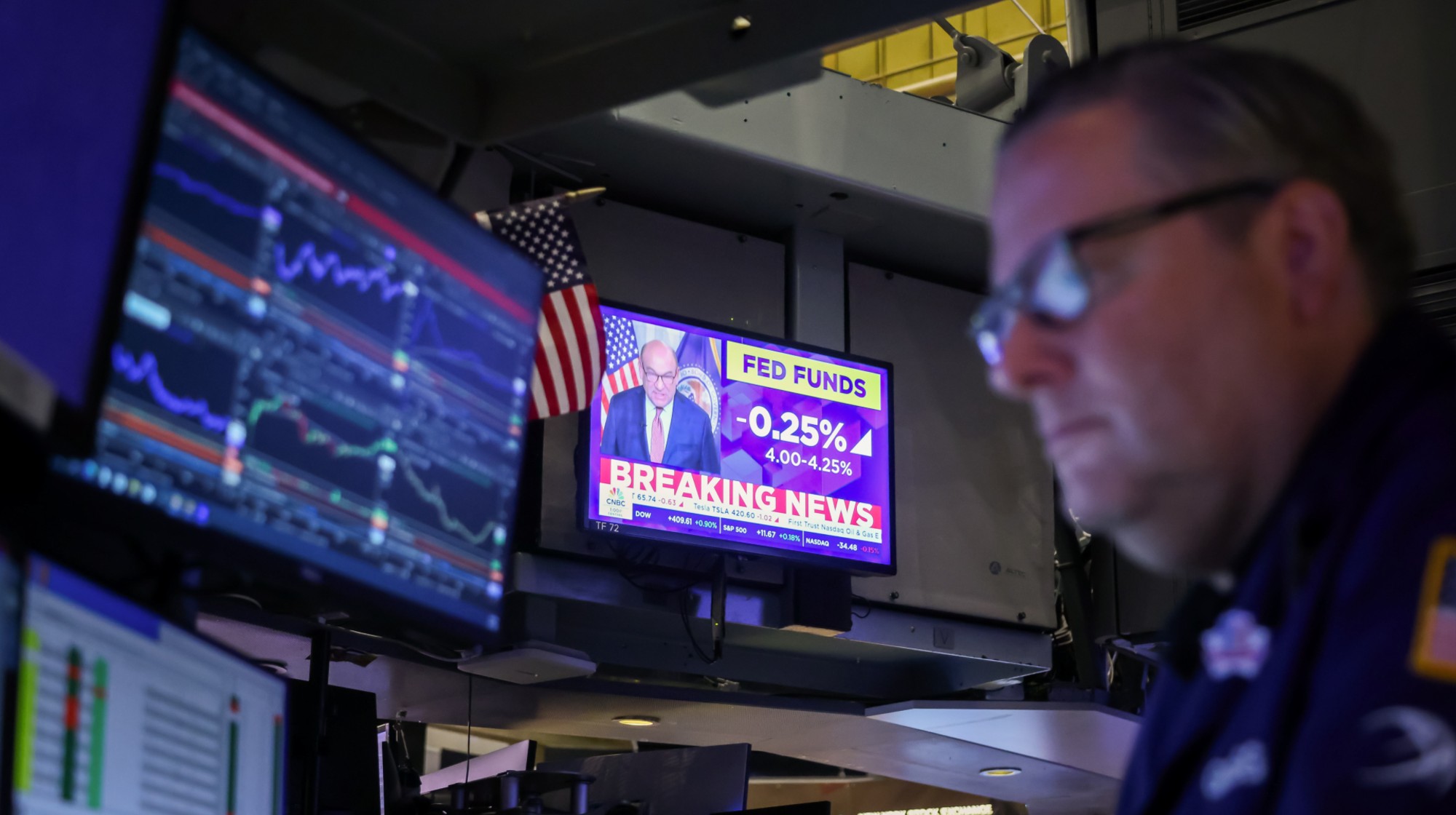 Fed cuts interest rates a quarter point
Fed cuts interest rates a quarter pointSpeed Read ‘The cut suggests a broader shift toward concern about cracks forming in the job market’
-
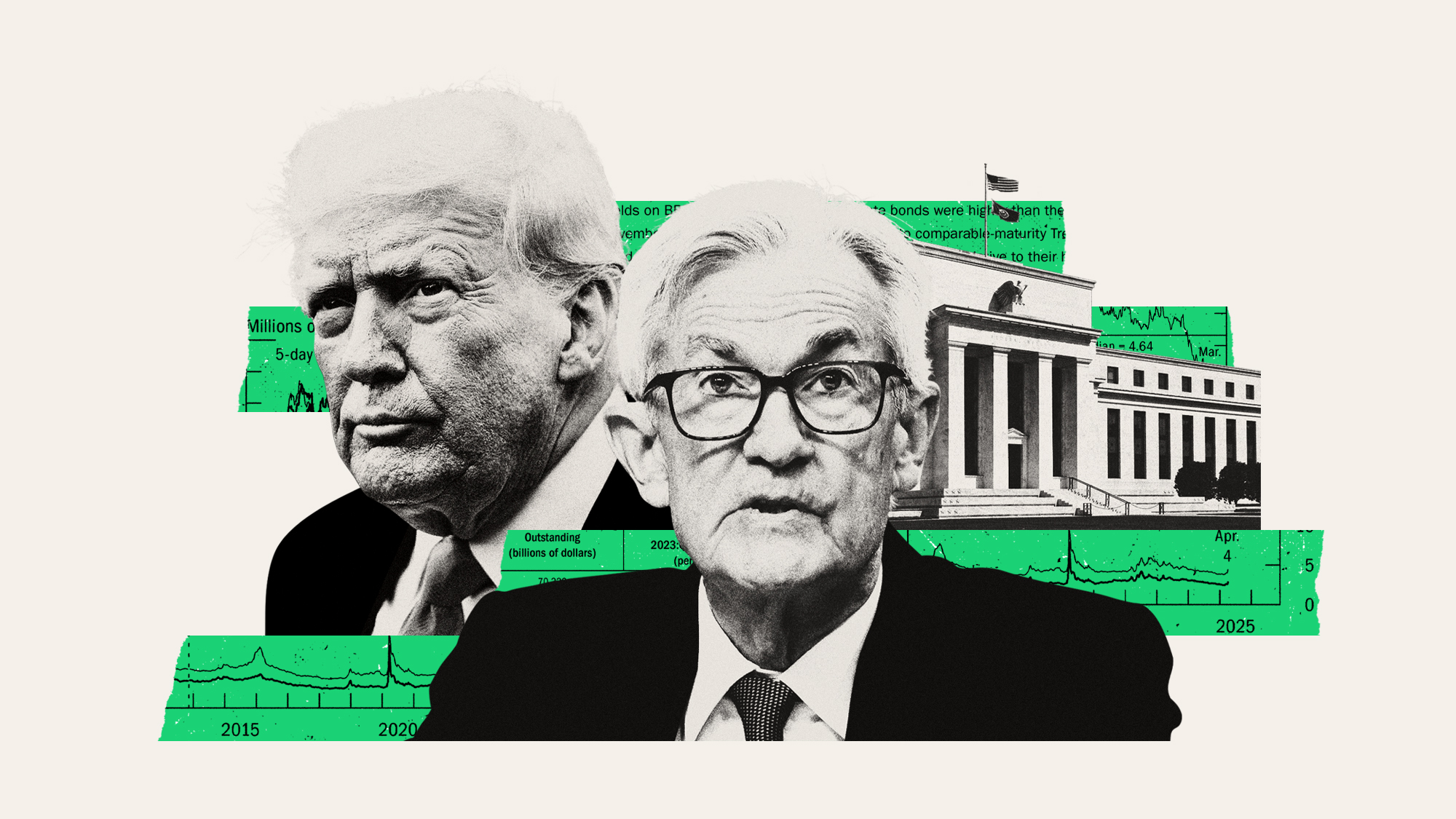 Trump's threats to fire Jerome Powell are unsettling the markets
Trump's threats to fire Jerome Powell are unsettling the marketsTalking Points Expect a 'period of volatility' if he follows through
-
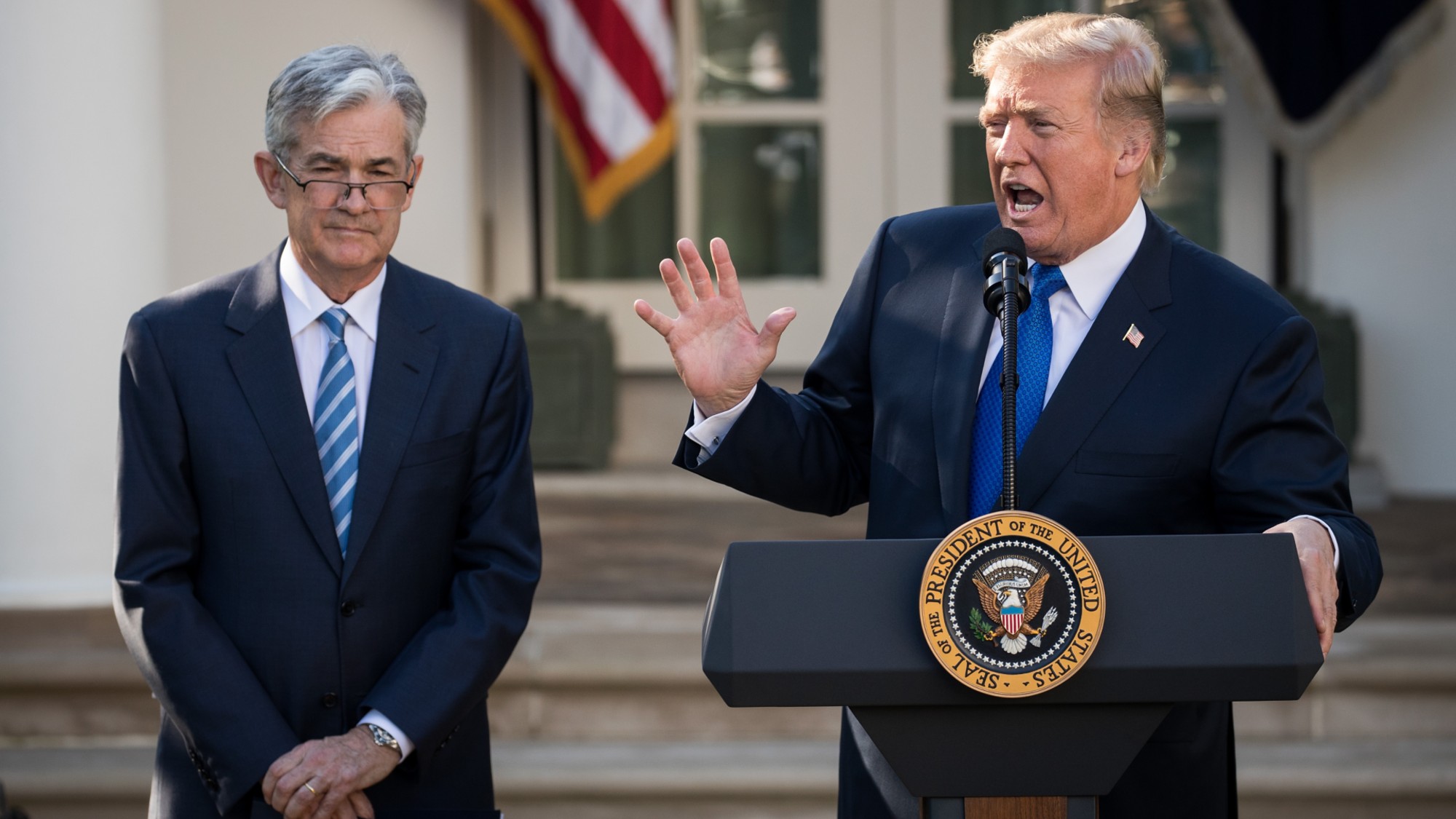 How will Wall Street react to the Trump-Powell showdown?
How will Wall Street react to the Trump-Powell showdown?Today's Big Question 'Market turmoil' seems likely
-
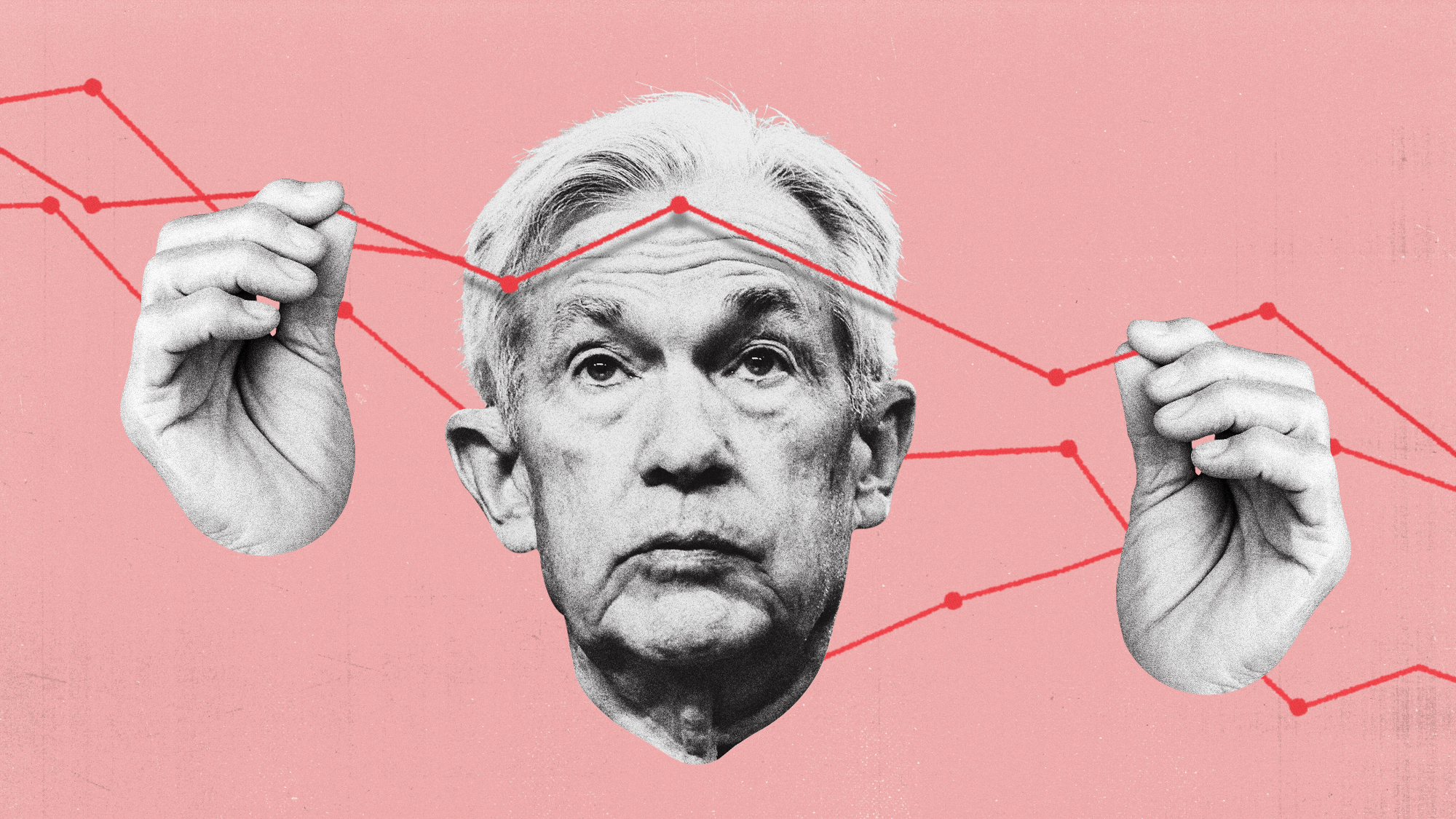 How will the Fed manage Trump's economy?
How will the Fed manage Trump's economy?Today's Big Question Jerome Powell is 'in a bind'
-
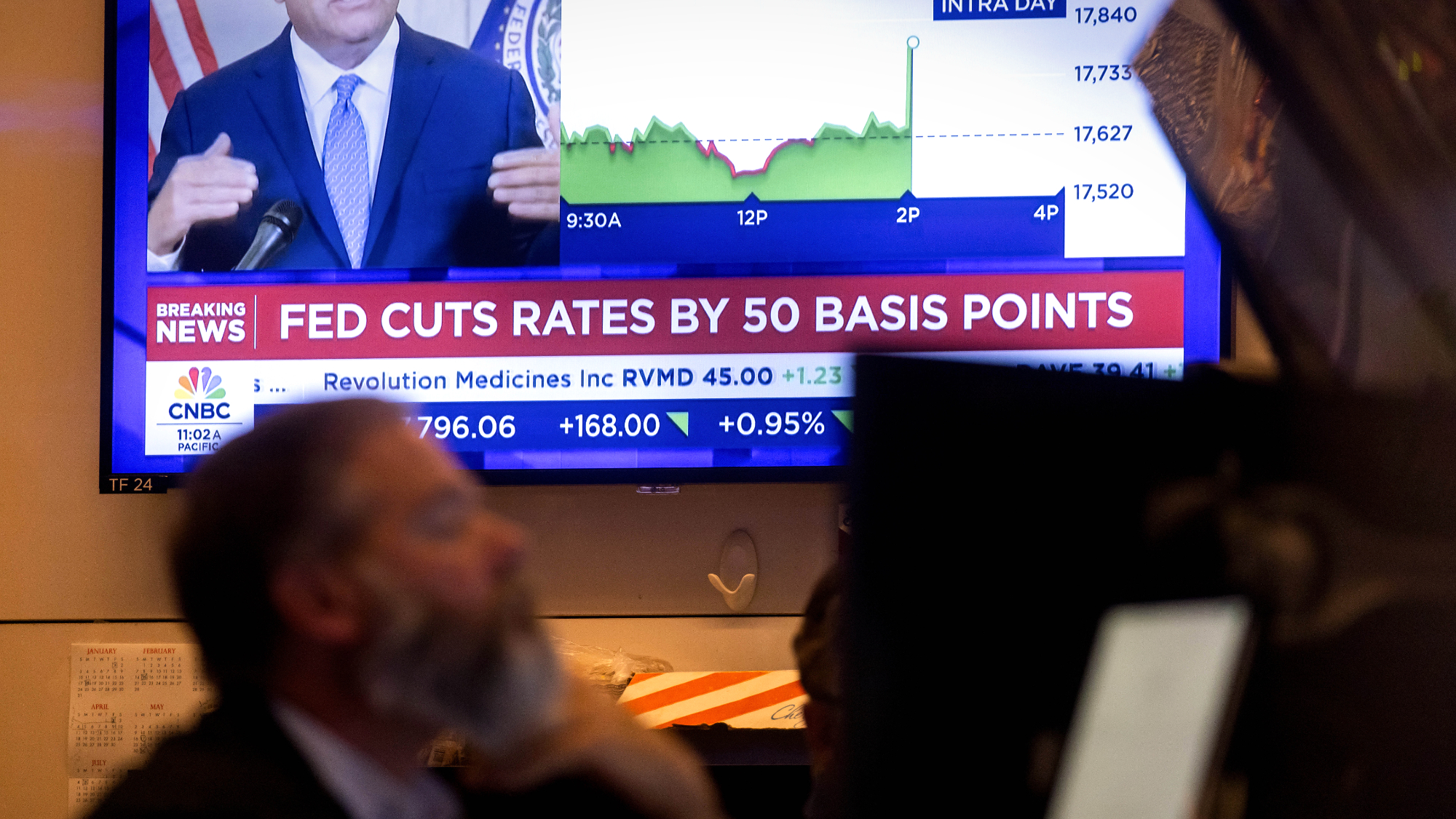 Fed cuts rates half a point, hinting victory on inflation
Fed cuts rates half a point, hinting victory on inflationSpeed Read This is the Fed's first cut in two years